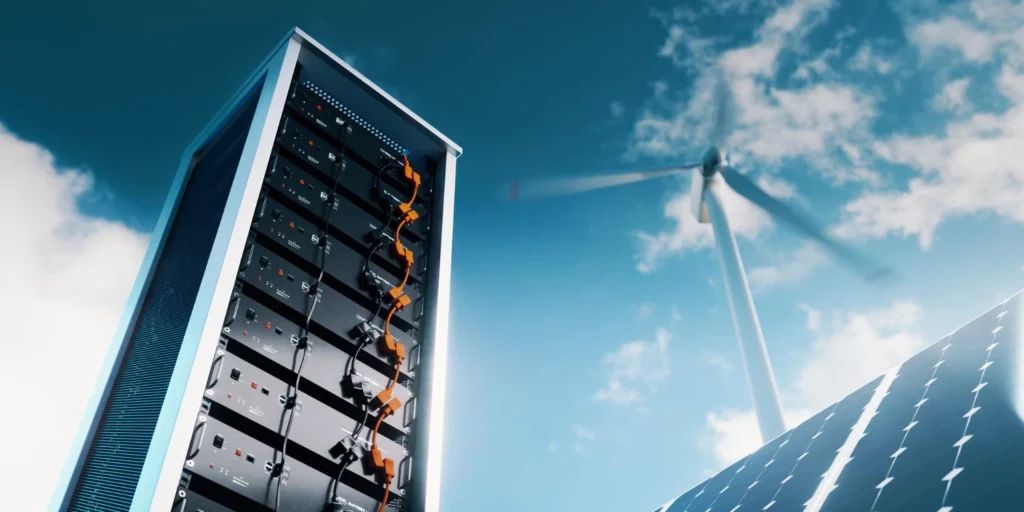Over recent weeks the spotlight has been shining brightly on the energy industry, from price caps to renationalisation to calls for a state-owned energy company in Scotland.
The one thing that is certain is that the energy industry has to and is changing and as a network operator we are proud advocates of transforming the way energy is delivered to meet the needs of our five million customers across the North West and share best practice now and for decades to come.
The main challenge we face is the changing relationship with customers from passive to active. We need to proactively build stronger relationships with customers so that we can anticipate and plan for what’s next for the energy industry.
There is now an ever increasing range of customers using our network from solar farms, to offshore wind farms to combined heat and power plant to commercial, domestic and industrial customers. With the expected surge of new electric cars, after government plans to ban the sale of new diesel and petrol cars by 2040, and the continuing increase in distributed renewables the variety of customers and their energy needs will continue to increase and evolve.
The role of the distribution network operator (DNO) is no longer only to maintain the network and to keep the power on, it is now our responsibility to think smarter and get more out of the network to reduce costly new infrastructure, analyse and react to customer behaviours and help customers in fuel poverty.
We are now on a journey to become a responsive and agile network operator with a hyper-local approach enabling customers connected to our networks the freedom to buy and sell their energy safely, securely and at the lowest cost.
A new hyper-local approach
To make this a reality it requires a new service model for network management and design and the facilitation of a flexible network through local and regional capacity balancing and the move to a distribution system operator (DSO). Fundamentally our role will centre on identifying needs and securing the most efficient means of network capacity provision for customers.
We already see customers in our network looking to community energy and seeking to benefit from providing flexibility. As this increases we will need to continue to innovate and provide new commercial offerings.
Benefits of an agile and flexible power network
There are many benefits of enabling this transformation and building customer relationships. These include aiding affordability by lowering cost, providing additional income streams to customers, providing faster connections, enabling deployment of low carbon technologies, reducing new infrastructure and avoiding uncertainties and risk to security of supply.
In the last five years we have won £42 million of competitive funding to ensure our network is fit for the future. This includes our pioneering, award-winning Customer Load Active System Services (CLASS) project, Capacity to Customers and our community energy saving project Power Saver Challenge.
Capacity to Customers is now being implemented as business as usual and shared as best practice across the UK to accelerate renewable generation connections.
CLASS provides significant benefits to domestic customers through innovative unseen demand-side response techniques. By using ‘automatic voltage controllers’ (AVCs) to reduce demand for electricity, without customers even noticing a difference to their service, the CLASS project could save our customers around £100m over the next 25 years and £300m across the UK.
Our changing approach to customer engagement is highlighted in our community engagement project Power Saver Challenge. The project tested ways of encouraging customers to reduce their electricity usage to alleviate pressure on the network at times of peak demand. The Power Saver Challenge revealed that through engagement customers changed their energy usage behaviour and their attitude towards energy consumption.
The North West is rich in renewable resources and opportunities and we’re proud to support the Northern Powerhouse and help lead the way to a carbon neutral Manchester.
It’s an exciting time to be part of the energy industry and we’re looking forward to taking the next steps on this journey.

